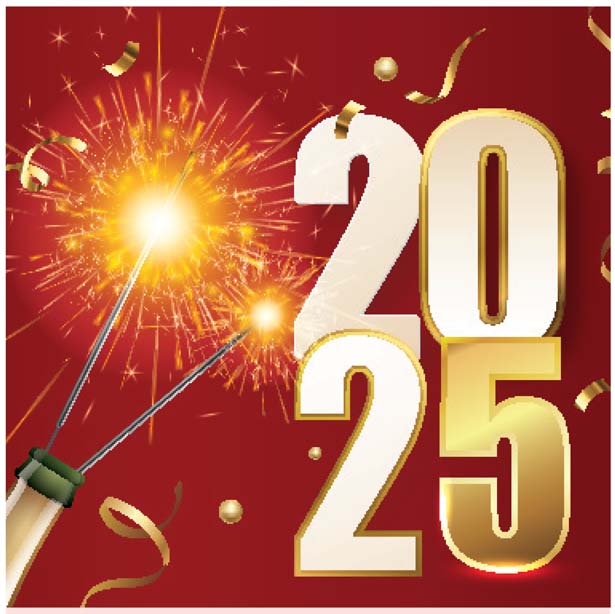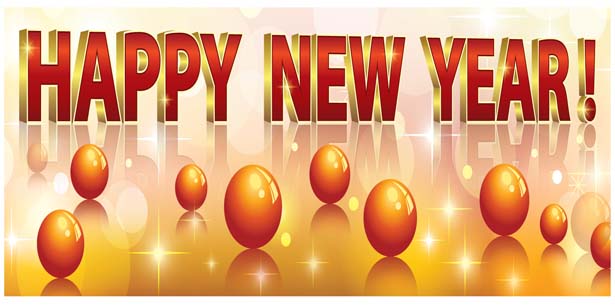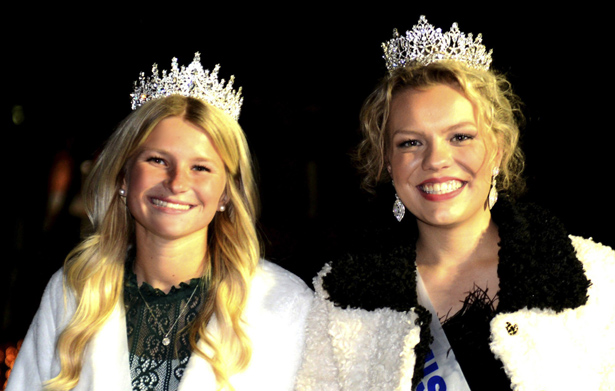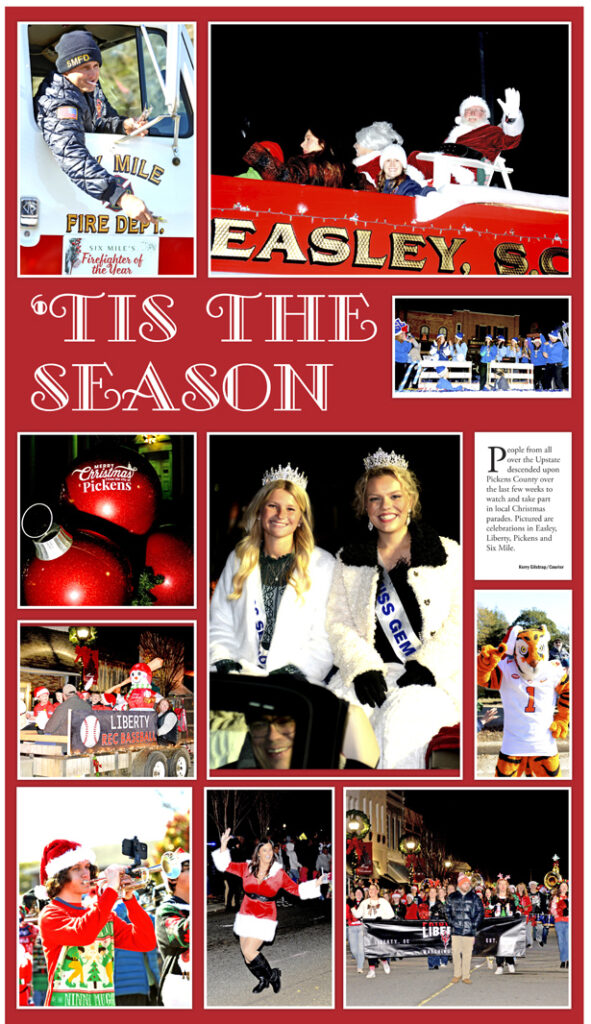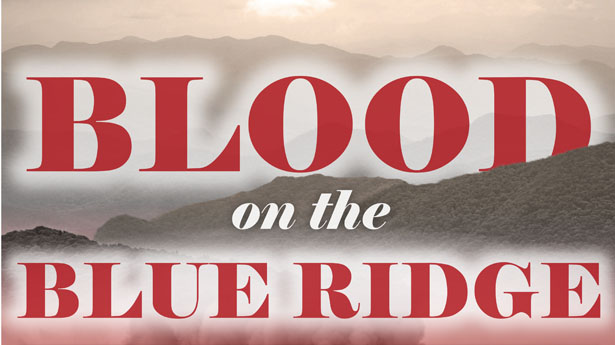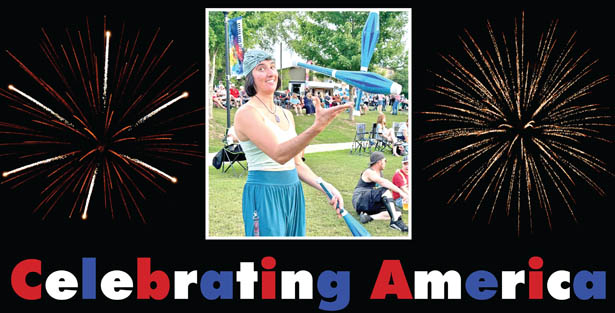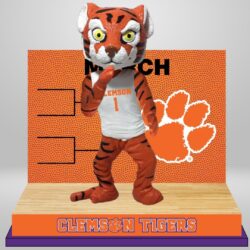Category Archives: Lifestyles
10 New Year’s Superstitions
Stock Up: You should stock up on food and money. Cupboards and refrigerators should be full of food, so you won’t go hungry in the New Year. Additionally, every person should have money on their person, whether in a wallet or pocket. This 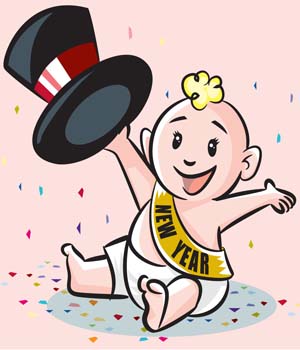 is obviously to ensure you have some paper for the rest of the year.
is obviously to ensure you have some paper for the rest of the year.
Resolve Debts: Similarly, all household debt and personal debts should be paid off before January 1. If not, you’ll be paying back debts all year long.
But Not On New Year’s Day: We all have bills to pay, but don’t pay back loans or bills on New Year’s Day. And don’t lend money or other precious items either because, if you do, you’ll be paying out all year long.
The First Footer: The first person to enter your home after the stroke of
You must be logged in to view this content.
Subscribe Today or Login
Bizarre New Year traditions from around the world
Scarecrow burning — Ecuador
To banish any ill fortune or bad things that happened in the past year, Ecuadorians set fire to scarecrows filled with paper at midnight on New Year’s Eve. They also burn photographs of things that represent the past year, which leads us to believe 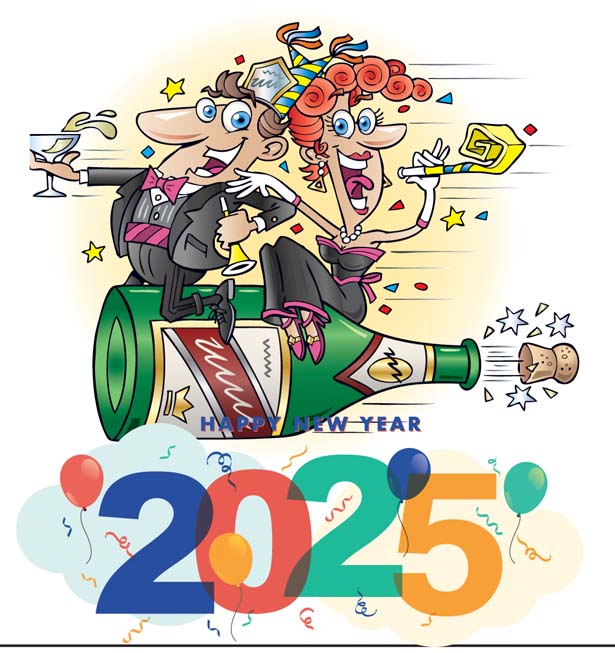 that New Year is just a thinly veiled excuse for Ecuadorian pyromaniacs to set things on fire.
that New Year is just a thinly veiled excuse for Ecuadorian pyromaniacs to set things on fire.
Round things — Philippines
In the Philippines New Year is about one thing and one thing only — cold hard cash. Hoping to bring prosperity and wealth for the
You must be logged in to view this content.
Subscribe Today or Login
Happy New Year
By Catherine Pulsifer
Happiness depends upon your outlook on life. — Find the good in all situations
You must be logged in to view this content.
Subscribe Today or Login
New Appalachian true crime book features local connections
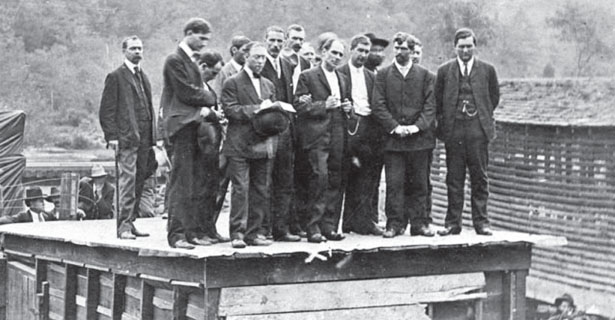
PICKENS — A retired Western North Carolina police detective and a self-described Upstate South Carolina “armchair detective” and hobby historian have joined forces to produce a new book filled with historic true crime tales based in the hills and hollers of the Appalachian Mountains, including a pair with Pickens County connections.
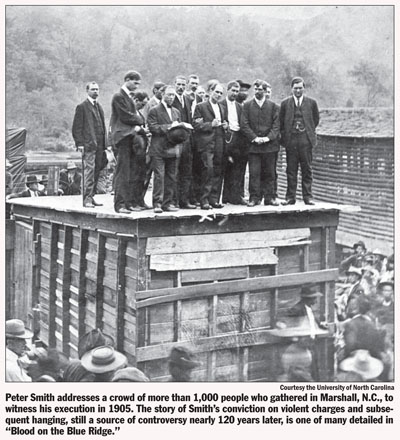 “Blood on the Blue Ridge” revisits a variety of crimes that happened
“Blood on the Blue Ridge” revisits a variety of crimes that happened over a nearly 200-year period and even dispels some myths that have been passed down through the ages, with stories from both North and South Carolina, Kentucky, Louisiana, Tennessee, Virginia and West Virginia.
over a nearly 200-year period and even dispels some myths that have been passed down through the ages, with stories from both North and South Carolina, Kentucky, Louisiana, Tennessee, Virginia and West Virginia.
The book’s 15 chapters recount stories of moonshiners, manhunts, murders, train robberies, a rare book heist at Biltmore House and a random killer who terrorized South Carolina.
Authors R. Scott Lunsford and Alfred Dockery are
You must be logged in to view this content.
Subscribe Today or Login
Market at the Mill has high hopes for grand reopening
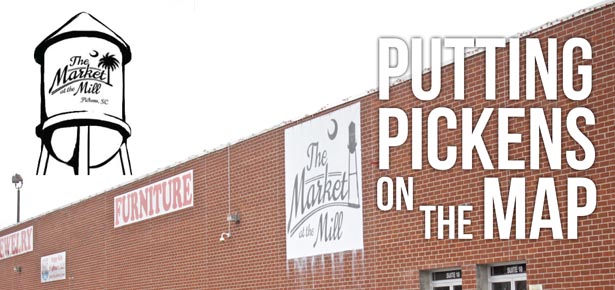
By Marquis Mittelstet
For The Courier
marq@thepccourier.com
PICKENS — A sprawling, “something for everybody” collection of family-friendly shops established across a  110-acre Pickens property and three warehouses worth of business, the Market at the Mill has grown and flourished since its opening in March 2020, now boasting nearly 100 local businesses.
110-acre Pickens property and three warehouses worth of business, the Market at the Mill has grown and flourished since its opening in March 2020, now boasting nearly 100 local businesses.
Now, the local market will look to expand its reach even further with its free-to-the-public grand reopening on Saturday.
“We are Pickens’ newest tourist attraction and we’re looking to put Pickens on the map,” Market at the Mill
You must be logged in to view this content.
Subscribe Today or Login
County July 4 events planned for this week
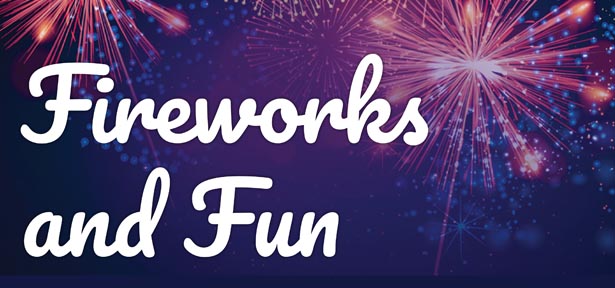
COUNTY — With the nation getting ready to observe its 248th Independence Day, people from around Pickens County will have plenty of places to celebrate over the next few days.
EASLEY
The City of Easley will host the Historic Easley 4th of July Festival for two days of excitement and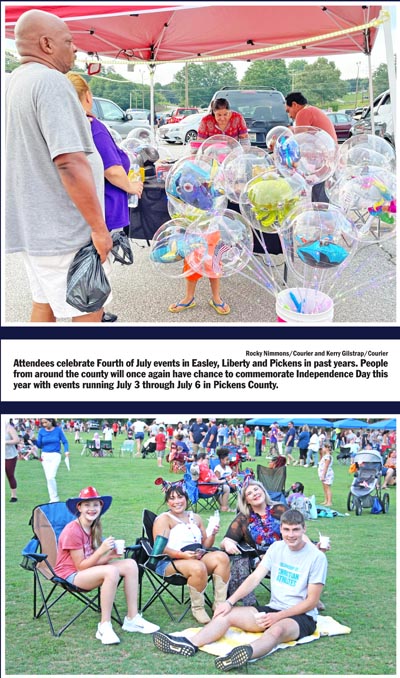 fun from July 3-July 4.
fun from July 3-July 4.
On July 3rd, from 5:30 to 9:30 p.m., visitors will be able to explore a variety of craft vendors and kick off the festivities with some unique finds. The celebration is set to continue on July 4th from 10:30 a.m. to 10 p.m., featuring a fireworks display that will light up the night at 9:45 p.m.
The event will have a free kids’ zone packed with
You must be logged in to view this content.
Subscribe Today or Login
Feathered friend remembered for colorful personality

By Dr. Thomas Cloer, Jr.
Special to The Courier
Have you ever had a pet that you loved dearly, as a family member, and had taken full responsibility for its care and happiness? Have you ever had a pet upon which you heaped your full love and affection, and the pet returned the same? If so, then you know how attached one can get.
“Who’s this? Hey Buddy!” I said as I noticed the new addition.
I then turned to my wife, “Elaine, I thought we said, ‘No more pets’—for a while at
You must be logged in to view this content.
Subscribe Today or Login


